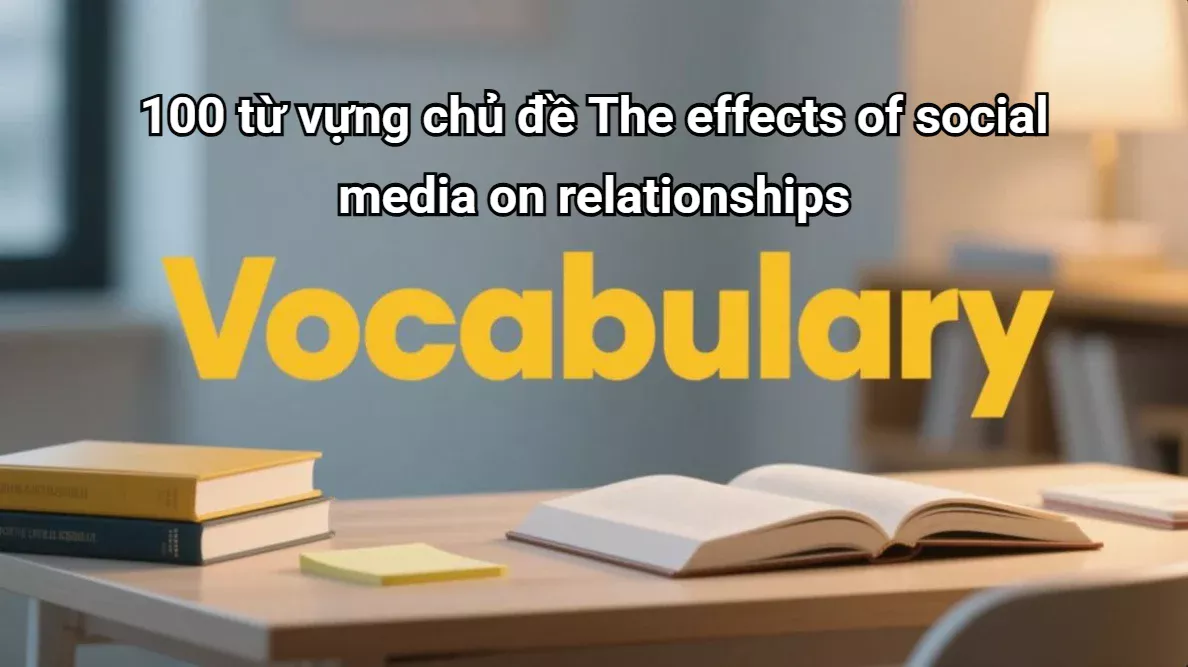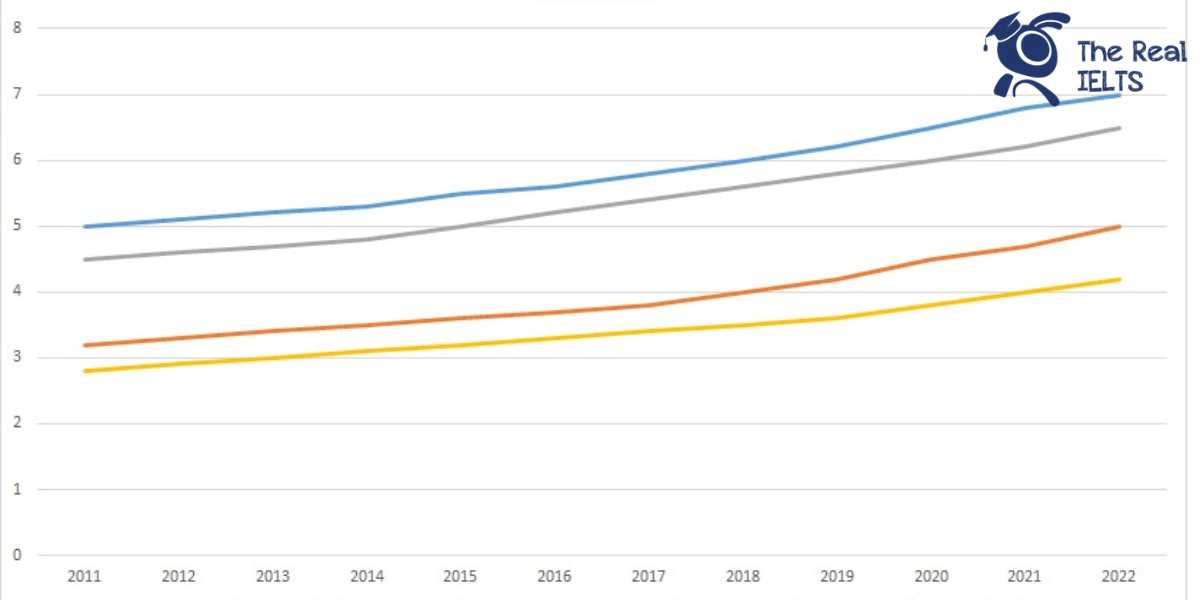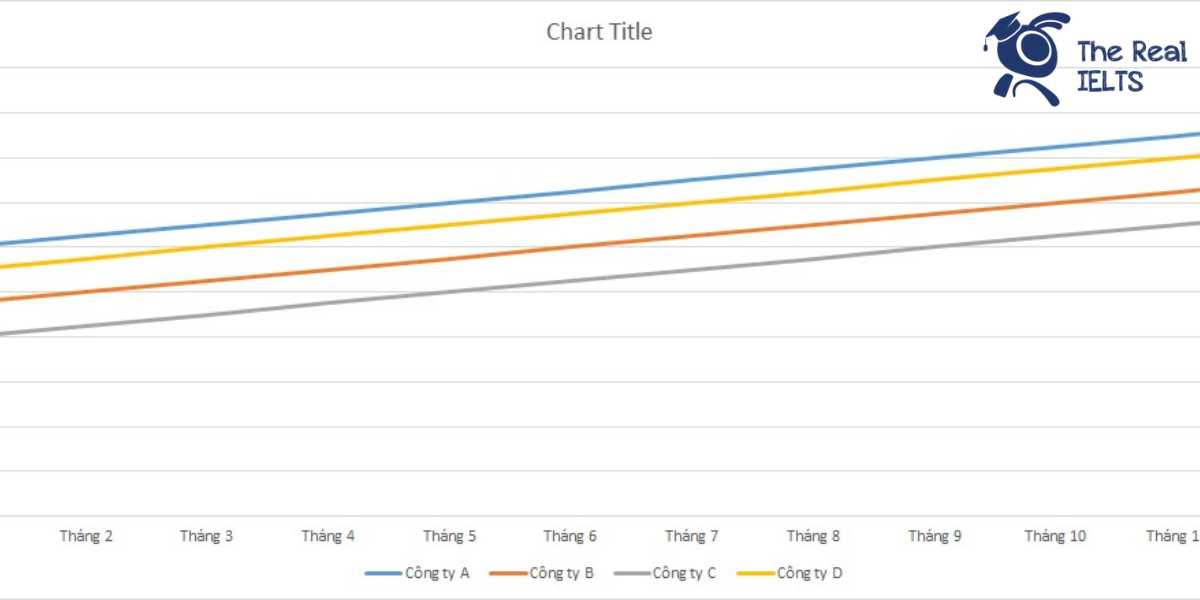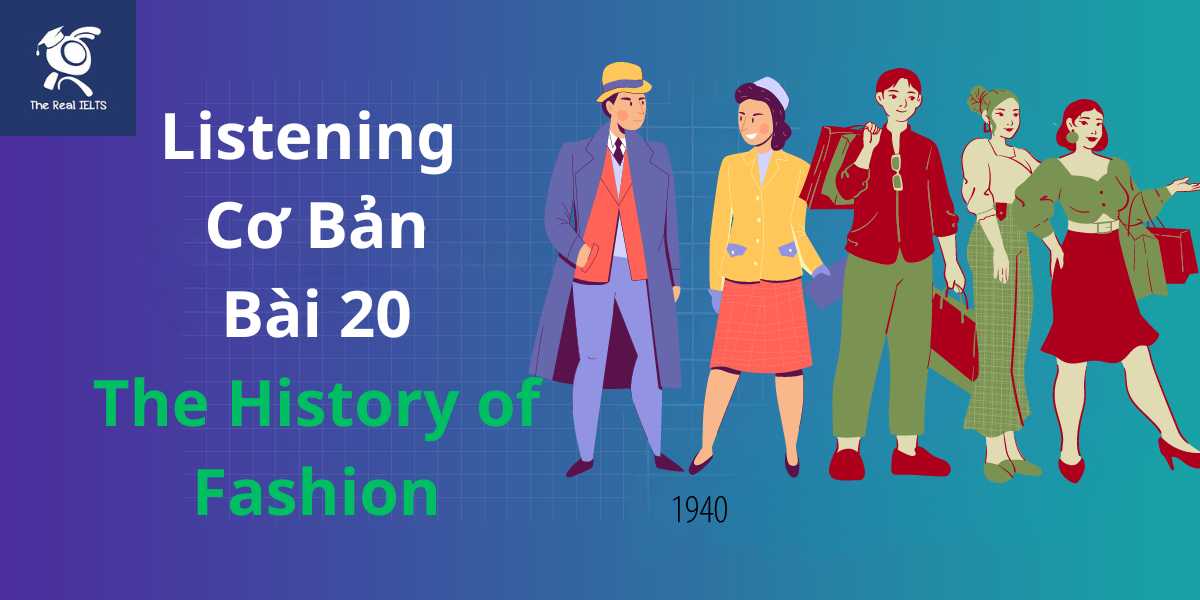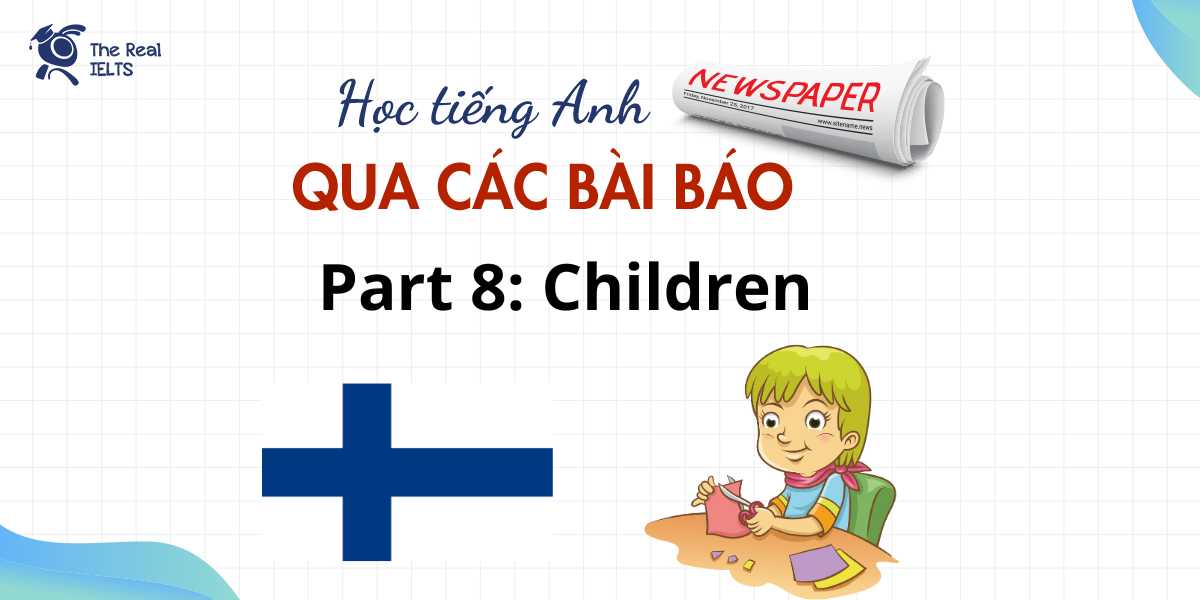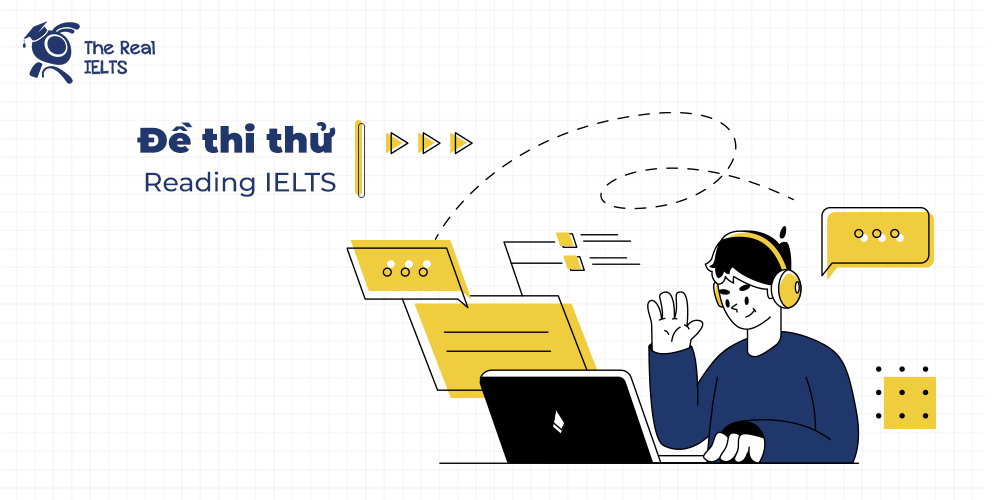Đề bài IELTS Writing Task 2 dạng Agree or Disagree Part 28:
You should spend about 40 minutes on this task
Artistic subjects should be given equal importance as academic subjects in schools. To what extent do you agree or disagree?
Write at least 250 words.
Giải mẫu IELTS Writing
In recent years, there has been a growing debate about whether artistic subjects should be given equal importance as academic subjects in school curricula. While some argue that subjects like mathematics and science are crucial for future career prospects, others believe that arts play an essential role in a child’s overall development. I partially agree with the idea that artistic subjects should be given equal importance, as they offer unique benefits that are not always provided by traditional academic disciplines.
Firstly, artistic subjects such as music, visual arts, and drama contribute significantly to the development of creativity and critical thinking. These subjects encourage students to think outside the box and approach problems from different perspectives, skills that are increasingly valuable in today’s innovation-driven world. For example, a student engaged in painting or sculpture develops fine motor skills and an eye for detail, which can be beneficial in fields as diverse as architecture and engineering.
Moreover, involvement in the arts can foster emotional intelligence and empathy. Through literature, theater, and music, students can explore complex emotions and human experiences, enhancing their ability to understand and relate to others. This aspect of education is often overlooked but is crucial in developing well-rounded individuals capable of working effectively in teams and understanding diverse viewpoints.
However, while the arts have their place, it is also essential to recognize the fundamental importance of academic subjects. Disciplines such as mathematics, science, and languages provide essential skills and knowledge that are foundational in most professional fields. Therefore, while artistic subjects should be integrated into the curriculum, they should complement rather than compete with academic subjects.
To achieve a balanced education, schools should aim for a curriculum that integrates both artistic and academic subjects. This approach not only caters to different student interests and strengths but also prepares them for a variety of career paths. Furthermore, interdisciplinary learning, where students can see the connections between the arts and sciences, can be particularly enriching.
In conclusion, while I agree that artistic subjects are vital and should be valued, I do not believe they should be placed on an entirely equal footing with academic subjects in terms of curriculum time allocation. Instead, a balanced approach that recognizes the value of both is essential for developing well-rounded, capable individuals. Schools should strive to create an educational environment where students can thrive in both artistic and academic pursuits, fostering a diverse skill set that prepares them for the complexities of the modern world.
Cấu trúc ngữ pháp và cấu trúc câu
Cấu trúc câu và ngữ pháp
- Câu ghép (Compound Sentences):
- Được hình thành bởi hai hoặc nhiều mệnh đề độc lập liên kết với nhau bằng các liên từ như “and”, “but”, “or”.
- Ví dụ: “In recent years, there has been a growing debate about whether artistic subjects should be given equal importance as academic subjects in school curricula, and while some argue that subjects like mathematics and science are crucial for future career prospects, others believe that arts play an essential role in a child’s overall development.”
- Câu phức (Complex Sentences):
- Có một mệnh đề chính và một hoặc nhiều mệnh đề phụ thuộc.
- Ví dụ: “While I agree that artistic subjects are vital and should be valued, I do not believe they should be placed on an entirely equal footing with academic subjects in terms of curriculum time allocation.”
- Câu đơn (Simple Sentences):
- Gồm một mệnh đề độc lập.
- Ví dụ: “This approach not only caters to different student interests and strengths but also prepares them for a variety of career paths.”
- Câu điều kiện (Conditional Sentences):
- Được sử dụng để nói về các tình huống giả định hoặc điều kiện.
- Ví dụ: “To achieve a balanced education, schools should aim for a curriculum that integrates both artistic and academic subjects.”
- Cấu trúc nhấn mạnh (Emphatic Structures):
- Sử dụng để nhấn mạnh một phần của câu.
- Ví dụ: “It is also essential to recognize the fundamental importance of academic subjects.”
- Cấu trúc liệt kê (Listing):
- Được sử dụng để liệt kê các ý tưởng hoặc ví dụ.
- Ví dụ: “Disciplines such as mathematics, science, and languages provide essential skills and knowledge.”
Từ kết nối các câu và đoạn văn
- In recent years – Mở đầu một ý tưởng mới hoặc đưa ra bối cảnh.
- While…others – So sánh hoặc đối lập hai quan điểm.
- Firstly – Đánh dấu điểm đầu tiên trong một danh sách hoặc chuỗi lập luận.
- For example – Giới thiệu ví dụ minh họa.
- Moreover – Thêm vào một ý tưởng đã được đề cập trước đó.
- However – Đối lập với ý tưởng trước đó.
- Therefore – Kết luận hoặc đưa ra kết quả từ lập luận trước.
- Furthermore – Thêm vào hoặc mở rộng ý tưởng.
- In conclusion – Tóm tắt và kết luận những gì đã được trình bày.
- Instead – Đưa ra một lựa chọn hoặc đề xuất thay thế.
Các từ vựng tiếng Anh cần lưu ý trong bài viết
- Moral obligation – Nghĩa vụ đạo đức
- Assist – Hỗ trợ
- Dependency – Sự phụ thuộc
- Undermine – Làm suy yếu
- Local economies – Nền kinh tế địa phương
- Responsibility – Trách nhiệm
- Effectively managed – Quản lý hiệu quả
- Sustainable – Bền vững
- Principle – Nguyên tắc
- Global justice – Công lý toàn cầu
- Resources – Tài nguyên
- Exploitation – Sự bóc lột
- Reparation – Sự bồi thường
- Rectification – Sự sửa chữa
- Interconnected – Kết nối lẫn nhau
- Far-reaching impacts – Ảnh hưởng sâu rộng
- Migration crises – Khủng hoảng di cư
- Terrorism – Khủng bố
- Self-interest – Lợi ích cá nhân
- Stable and secure – Ổn định và an toàn
- Well-targeted – Được nhắm mục tiêu tốt
- Empowering – Trao quyền
- Infrastructure – Cơ sở hạ tầng
- Independently – Một cách độc lập
- Long run – Dài hạn
- Investing – Đầu tư
- Foundation – Nền tảng
- Aligned – Phù hợp
- Recipient countries – Các nước nhận
- Accountability – Trách nhiệm giải trình
- Transparency – Sự minh bạch
- Corruption – Tham nhũng
- Mismanagement – Quản lý kém
- Local governments – Chính quyền địa phương
- Monitor – Giám sát
- Evaluate – Đánh giá
- Genuinely – Thực sự
- Long-term prosperity – Thịnh vượng dài hạn
Đọc thêm các bài Luyện Thi IELTS khác trong link nhé.



